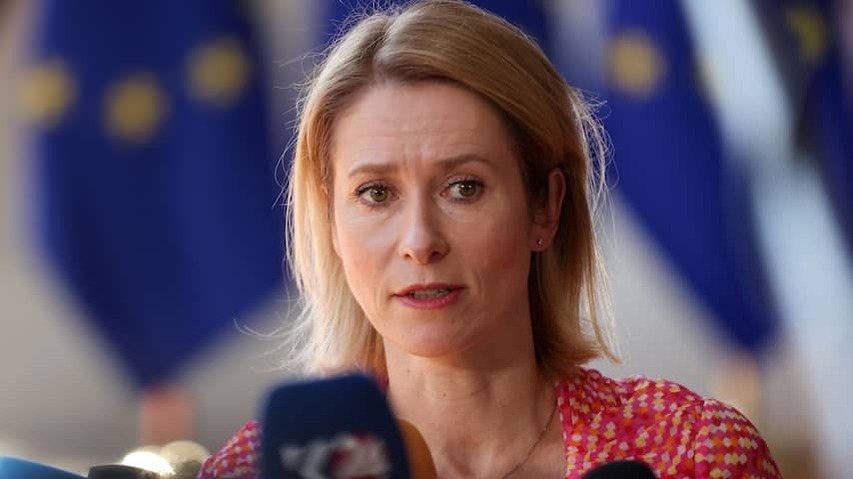
The European Union has agreed on the seventeenth sanctions package aimed at putting pressure on Russia. The sanctions target, among other things, an oil giant and the Russian ‘shadow fleet’.
“This is a clear signal of the EU’s continued and unwavering support for Ukraine,” says EU foreign policy chief Kaja Kallas. The sanctions aim to reduce Russian energy revenues and make it more difficult to wage war in Ukraine.
To reduce Russia’s revenues, the EU is targeting 189 ships from the Russian ‘shadow fleet’ that transport gas and oil, or stolen Ukrainian grain. The ships do not sail under the Russian flag, but under flags of other countries. For example, they transport Russian gas. In this way, Russia is trying to circumvent trade sanctions from the European Union and G7 countries.
In total, the EU has now imposed sanctions against 342 ships. According to the Ukrainian government, the entire shadow fleet consists of around 500 ships. The ships on the sanctions list no longer have access to European ports and services.
Also, 75 individuals and companies have been added to the sanctions list. These include companies involved in the Russian war industry and the oil giant Surgutneftegas. Their assets are frozen and the individuals are subject to a travel ban.
Frustration within the EU is increasing
The EU has further imposed new export restrictions on 31 organizations that help Russia circumvent the sanctions. The export bans for chemicals and spare parts for machines are also being extended.
These sanctions are “the most far-reaching since the beginning of the war,” Kallas said. Frustration within the European Union is increasing because Russian President Vladimir Putin is said to be unwilling to make peace. “Now that Putin is pretending to be interested in peace, there are even more sanctions in the pipeline.”
Russian revenues have fallen by 38 billion euros since the introduction of the oil price cap and sanctions against the shadow fleet, writes the Dutch government.